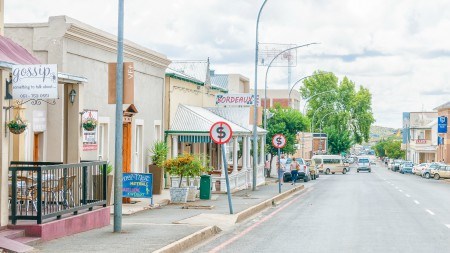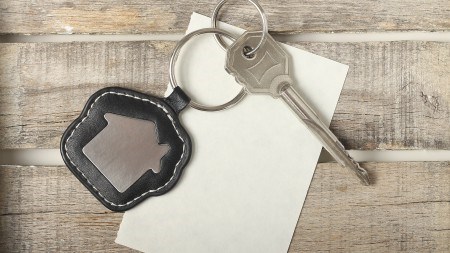Although very much a modern South African town, Colesberg’s history can be traced back to the mid-1800s, when a number of British settlers established farms in the region. Today, this sleepy Karoo town still serves a thriving horse and sheep stud district, and its past is very visible from the heritage architecture lining its streets. Stately Georgian and Cape Dutch architecture abound, as do trendy eateries, bars, and restaurants. As such, Colesberg is home to an interesting mix of property investors - from regular home buyers to farmers looking for land, to restorers looking to patch up the historic buildings.
View properties for sale in Colesberg
Ownership structure
According to data by Lightstone Properties, new homeowners in Colesberg for the period February 2018 to January 2019, were noticeably older, with the median age of recent buyers between 50 and 64 years (35% of new owners), and 36 to 49 years (37%). The reason these older generations had been driving the town’s overall homeownership rate may be due to maturing adults nearing retirement and investing in a new home to spend their golden years in, and middle-aged adults either downsizing as their children move out or buying a second property.
Fewer young adults are choosing to live in the small towns and on the farms where they grew up, as they pursue education and better work opportunities in bigger cities in towns. This may explain their low share in homeownership in Colesberg. During the same time, only 3% of young adults were stable owners while 9% of this demographic recently bought a home.
The Lightstone report also estimated the expected time Colesberg residents will stay in a home. Between February 2018 to January 2019, the median duration of homeownership was 11 years and more for 64% of existing owners. However, some homeowners have moved more recently—or more frequently, as the second most popular median stay averaged less than five years for 26% of existing owners.
The most popular property types
The location of Colesberg along the N1 and its reputation as a tourist hotspot in the region ensures that there is a continuous real estate development, especially in the main street. More and more buildings are sprouting up in the once sleepy town as demand for houses and business premises increases.
Colesberg is still a stranger to sectional title properties as there are almost no apartments for rent available. Freehold properties are by far the most common type of dwelling in Colesberg, with nine houses with a total value of R7 473 000 sold for the period February 2018 to January 2018. There was only one sectional scheme sold at R590 000, and two empty plots with a total value of R639 000, bringing the number of sales for the last twelve months to twelve.
Read more: The 4 different types of property ownership in SA
Home price growth
In 2018, Colesberg’s median house price was R650 000 for freehold properties while units sold for an average of R590 000. The median price for freehold properties is a a 23.5 percent year-on-year decrease. Over the longer term property values in the city have increased by 35% per cent for freehold properties and 145% for sectional schemes over the past decade, which also pushed many homes in Colesberg to the over-R1 million value band.
Number of registrations
Over the past decade, freehold and vacant land were the strongest performers in the market. Between 2008 and 2018, 128 freehold properties and 62 plots were registered. The local homeownership rate has plummeted over the decade, from an all-time high of 19 registrations for freehold properties in 2008 to nine in 2018. That’s lower than the rate in 2014, when the number of registrations stood at 17 after a five-year slump.
Rural towns typically have slower and smaller markets. This is because there isn’t a massive influx of new permanent residents, while current homeowners tend to stay longer. This means that homes remain longer on the market before attracting buyers. And even though there are fewer options available to buyers in Colesberg, they have the benefit of time and are in a stronger position to bargain.





